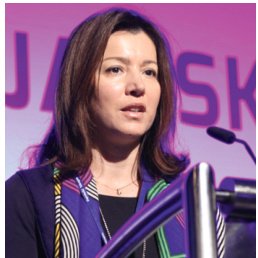You probably know that a large percentage of modern English vocabulary comes from ancient Latin and Greek. In ancient times, these were international languages and have since had a huge influence on the educational and cultural systems of the rest of the world.
As a general trend, words from Latin and Greek have become anglicised or naturalised, which means they have been reformed and today behave as ‘normal’ English words. There are no cases, plural is formed by adding an -s at the end of the word etc. These naturalised words appear to be English and we do not explore their etymology because they do not cause any problems in their usage. However, certain English nouns, particularly those of a Latin origin, have kept their original plural form and that is where we may encounter some problems.
You might have heard the word database, but did you know that data (Latin) is the plural form of datum? Accordingly, data should be used with a plural verb (These are important data), however nowadays there has been a growing tendency to use it as an equivalent to the uncountable noun information, followed by a singular verb, especially in the context of information technology (This is important data). Other singular nouns ending in -um and -on also take ending -a in plural, for example a popular medium but popular media, one criterion (Greek) but many phenomena, the sole crisis but a set of criteria. Another common classical ending is -is in crisis and analysis. One single analysis can push you into a number of different crises, and the first successful analysis can lead to a series of further analyses.



